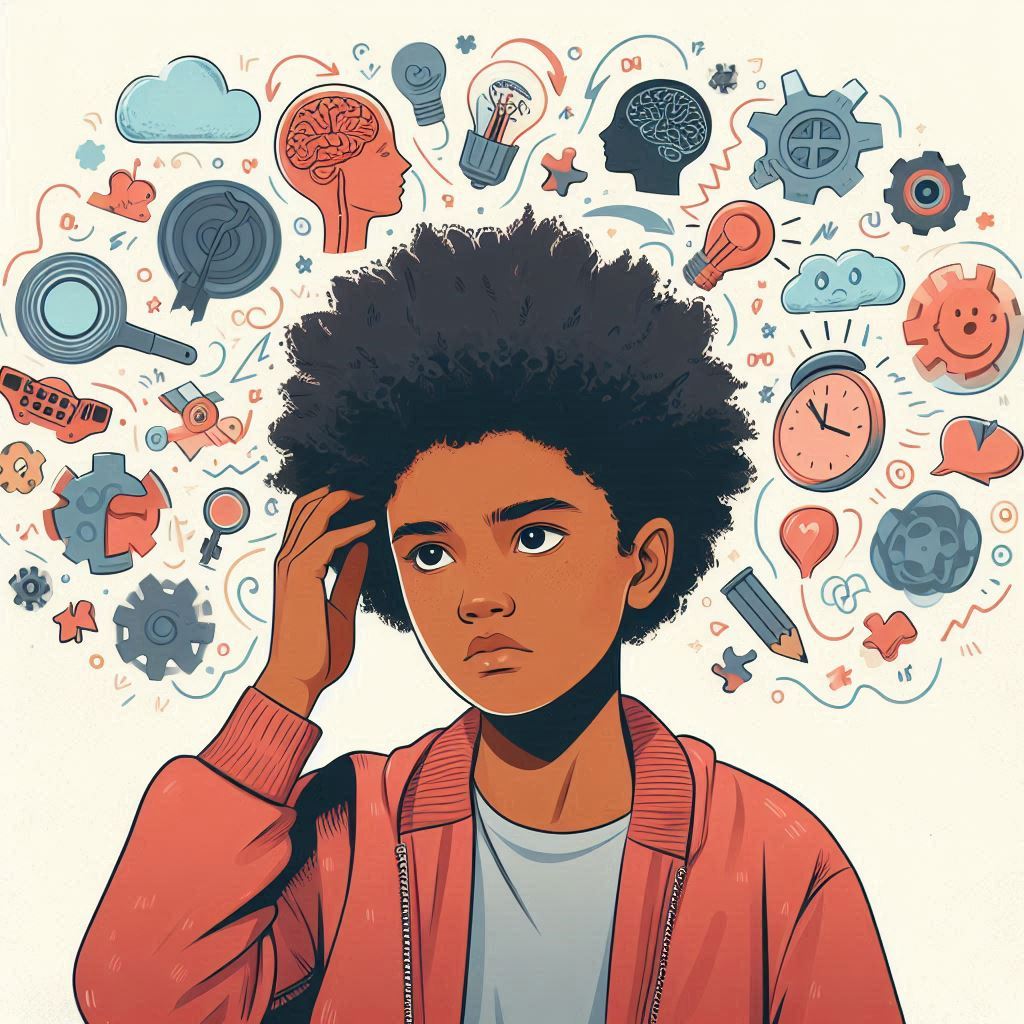Think up a child bursting with energy, creativity, and curiosity, but struggling to sit still or focus on tasks. This child might have Attention Deficit Hyperactivity Disorder (ADHD). But what happens as they grow older? Do kids with ADHD grow into adults with ADHD? The answer is often yes. While some children may see a reduction in symptoms as they age, many continue to experience ADHD into adulthood. Adult ADHD can manifest differently, with symptoms like difficulty managing time, staying organized, and maintaining relationships. Understanding that ADHD is a lifelong condition for many is crucial for providing ongoing support and strategies to manage it effectively. With the right tools and resources, individuals with ADHD can harness their unique strengths and lead successful, fulfilling lives.
Attention-Deficit/Hyperactivity Disorder (ADHD) is commonly perceived as a childhood condition, but the reality is that it often extends into adulthood. While around 6% of children are diagnosed with ADHD, a significant number carry the condition into their adult lives, with about 3% of adults living with ADHD.
The symptoms of ADHD, characterized by inattention, hyperactivity, and impulsivity, can evolve as a child grows. Hyperactivity may decrease, but difficulties with focus, organization, and time management often persist. This suggests that ADHD does not simply vanish with age.
Not all children with ADHD will become adults with the disorder. The developmental path of ADHD varies, and some individuals experience a reduction in symptoms over time, especially with effective interventions.
Emerging research challenges the belief that ADHD is consistent across the lifespan. The lack of direct comparisons between children and adults with ADHD highlights the need for more nuanced approaches to diagnosis and treatment at different life stages.
Adults with ADHD face distinct challenges, such as managing relationships and employment. It's essential for healthcare providers to recognize that while symptoms may change, their impact remains significant.
How Applied Behavioral Holistic Health Can Help
Applied Behavioral Holistic Health (ABHH) offers a comprehensive approach to managing ADHD throughout one's life. By integrating behavioral strategies with holistic practices, ABHH can address the multifaceted needs of individuals with ADHD.
For children, ABHH can provide structure and strategies to improve focus and reduce disruptive behaviors. Techniques such as mindfulness, exercise, and dietary adjustments complement traditional behavioral interventions, potentially enhancing their effectiveness.
As children with ADHD transition into adulthood, ABHH continues to offer support. Adults can benefit from holistic practices that promote mental well-being, such as stress management techniques, regular physical activity, and nutritional guidance.
ABHH also emphasizes the importance of a supportive community and environment. By creating a nurturing space, individuals with ADHD can thrive and harness their unique strengths.
In conclusion, while many children with ADHD grow into adults with the condition, the journey is individual. Applied Behavioral Holistic Health can play a crucial role in providing the tools and support necessary for managing ADHD at every stage of life, helping individuals to unlock their full potential and lead fulfilling lives.
